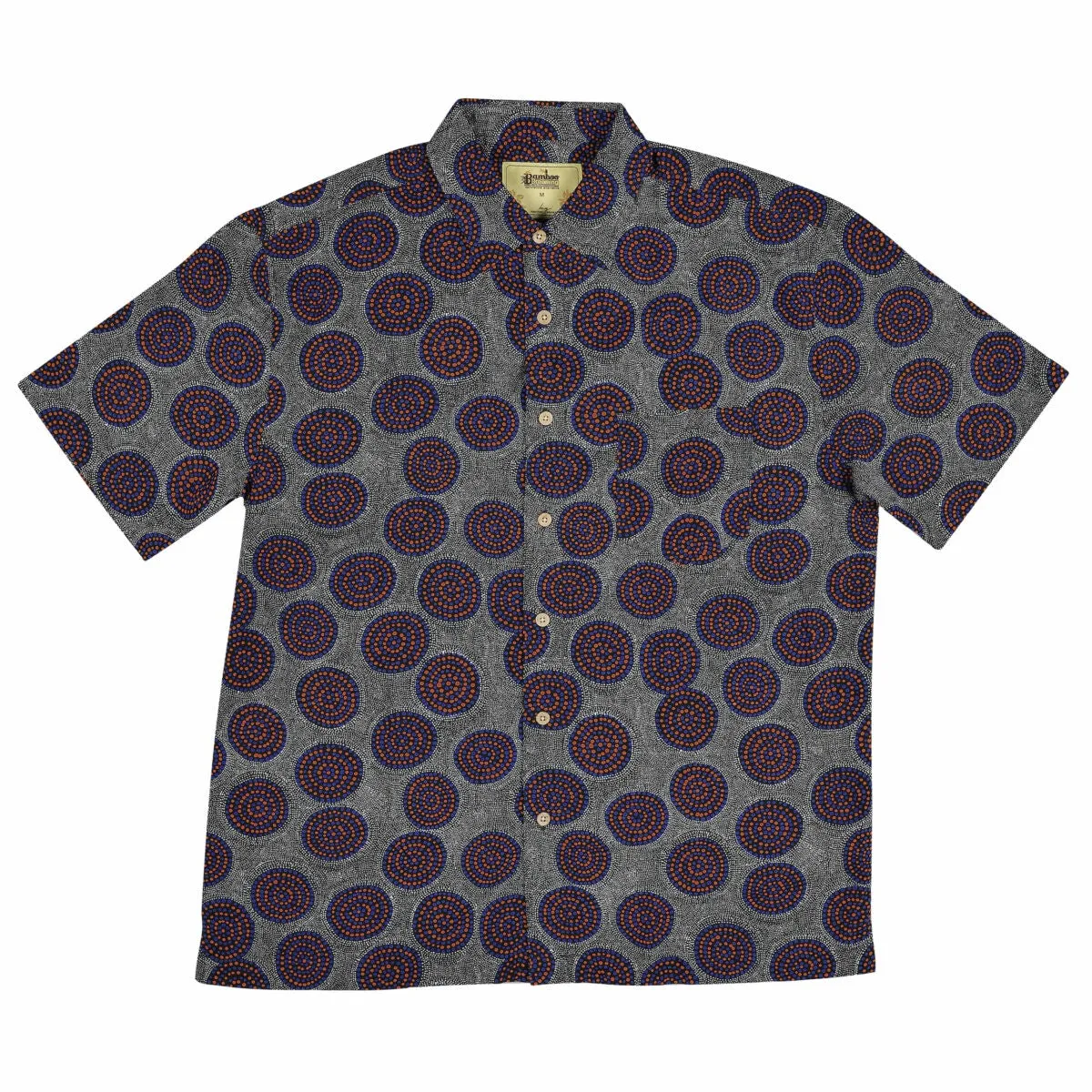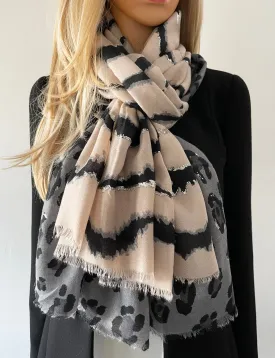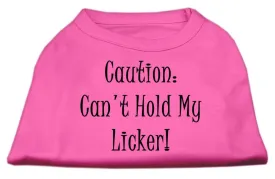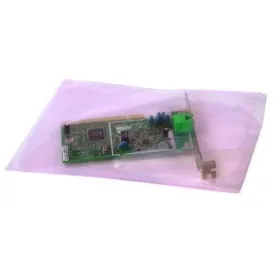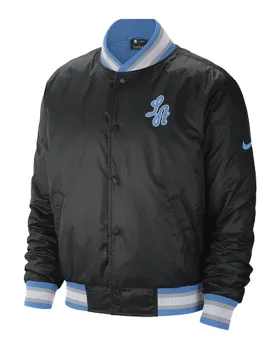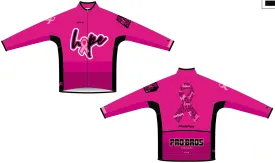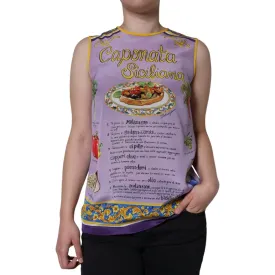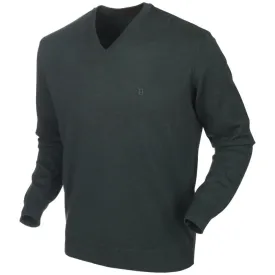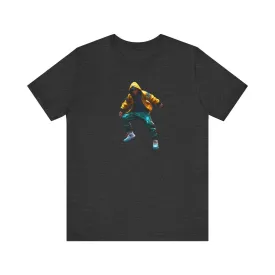GARMENT INFO
- Exclusive fabric weave, showcasing our soft and breathable fabric
- Organically grown wild bamboo
- Loose fit
- Chest pocket
- Coconut-shell look buttons
COMPOSITION
65% Bamboo Fiber 35% Cotton
Care and Use Instructions: cold machine wash with like colours. Do not bleach, soak or rub
Do not tumble dry. Warm iron, Do not dry clean
STORY:
Ngapa Jukurrpa (Water Dreaming) – Pirlinyarnu
The site depicted in this painting is Pirlinyarnu (Mt. Farewell),
about 165 km west of Yuendumu in the Northern Territory.
The ‘kirda’ (owners) for the water Dreaming site at Pirlinyarnu
are Nangala/Nampijinpa women and Jangala/Jampijinpa men.
Two Jangala men, rainmakers, sang the rain, unleashing a giant
storm that collided with another storm from Wapurtali at
Mirawarri. A ‘kirrkarlanji’ (brown falcon [Falco berigora])
carried the storm further west from Mirawarri. The two storms
travelled across the country from Karlipirnpa, a ceremonial site
for the water Dreaming near Kintore that is owned by
members of the Napaljarri/Japaljarri and
Napanangka/Japanangka subsections. Along the way the
storms passed through Junparnta, a site that is owned by
Jampijinpa men. The storm eventually became too heavy for
the falcon. It dropped the water at Pirlinyarnu, where it
formed an enormous ‘maluri’ (claypan). A ‘mulju’ (soakage)
exists in this place today. Whenever it rains today, hundreds of
‘ngapangarlpa’ (bush ducks) still flock to Pirlinyarnu.
In contemporary Warlpiri paintings, traditional iconography is
used to represent the ‘Jukurrpa’ (Dreaming), associated sites,
and other elements. In many paintings of this Dreaming, short
dashes are often used to represent ‘mangkurdu’ (cumulus &
stratocumulus clouds), and longer, flowing lines represent
‘ngawarra’ (flood waters). Small circles are used to depict
‘mulju’ (soakages) and river beds.
Artist: Leah Nampijinpa Sampson




